Quimby Country | Vermont’s Original Family Sporting Camp
Since 1893 going off the grid has been a specialty at Quimby Country, a rustic family-friendly Northeast Kingdom resort.
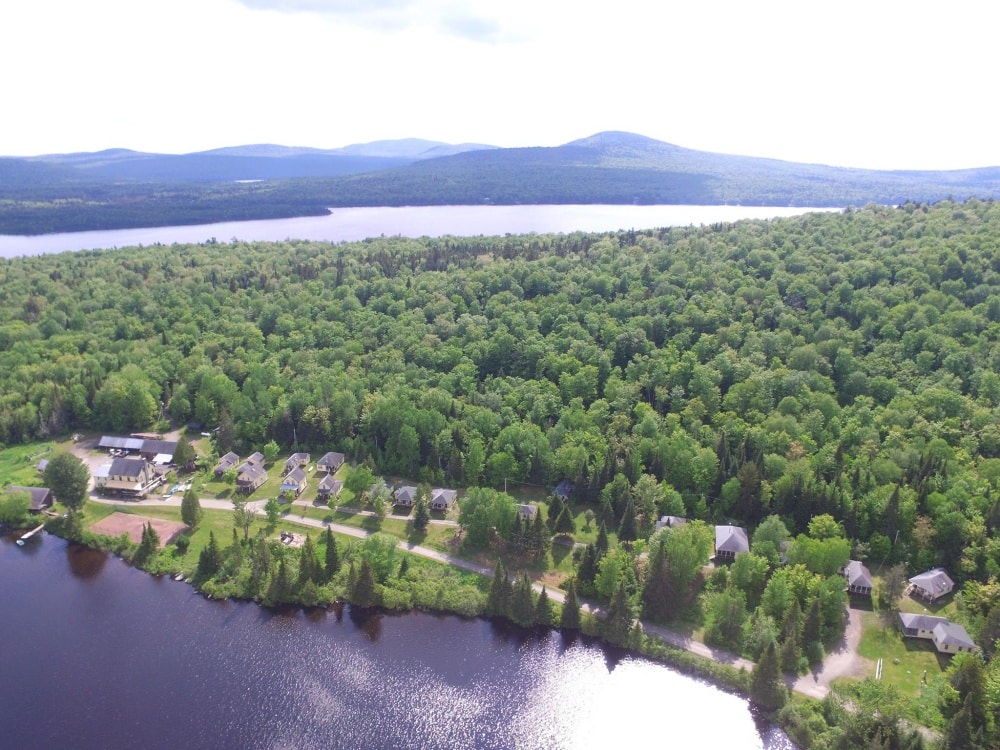
Coffee By Design | Portland, Maine
Photo Credit : Katherine KeenanIt was out in the middle of Big Averill Lake, a clear, cold body of water located in the eastern tip of Vermont’s Northeast Kingdom, where my 7-year-old son, Calvin, began lamenting our imminent departure. We’d whiled away the past five days amid some exquisite summertime weather at Quimby Country Lodge and Cottages, a family resort in the tiny town of Averill (pop. 24). We’d hiked, paddled, biked, played tennis, battled at ping-pong, relaxed by the campfire, and even managed to win at bingo.
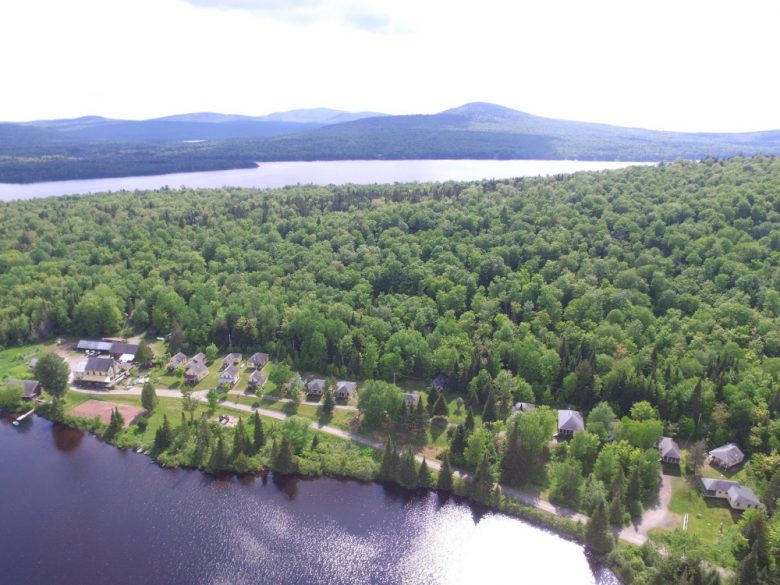
Photo Credit : Courtesy Quimby Country
Calvin had also made friends with a few other boys his age, and together they’d roamed the property with a kind of freedom that seemed lifted from an idealized version of summer. They’d hunted for crayfish, gorged on s’mores, navigated shoreline rocks under an evening sky, and slept out under the stars. There had been soccer games, archery lessons, and bike races.
“I wish we didn’t have to leave,” Calvin said, dipping a hand into the water.
I wasn’t sure how to respond because, frankly, I didn’t want to either.
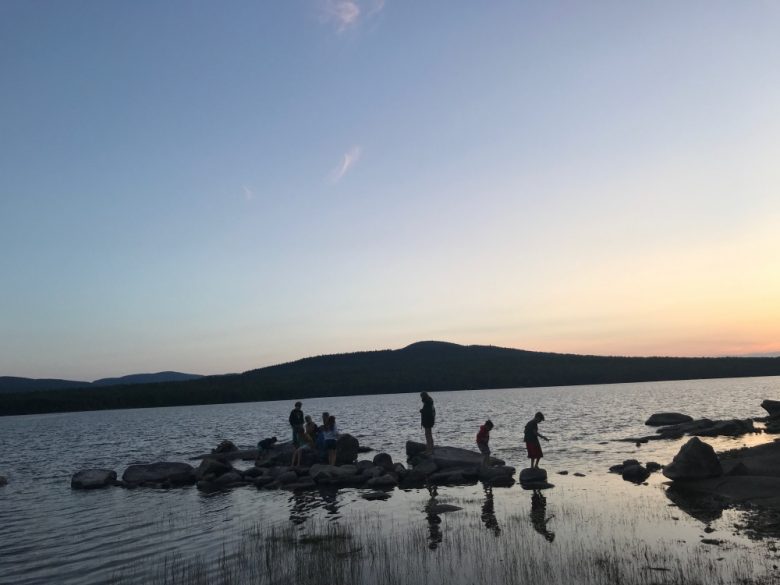
Photo Credit : Ian Aldrich
Even by Northeast Kingdom standards, Quimby is remote. Averill, after all, is not a place you stumble upon. Up and up you go, past more familiar towns like St. Johnsbury and Burke, practically scraping the Canadian border, before you arrive. Quimby land includes more than 1,000 acres and two lakes. It practically is Averill.
In addition to all those woods and waters, Quimby offers a main lodge, a clubhouse, and 19 lakefront cottages. Many of the cottages have full kitchens, and all have full baths and woodstoves. Guests gather in the lodge for three big meals a day and a lot of porch-time reading in between. There’s a weekly cocktail party and a midweek tennis tournament, which is fittingly dubbed Quimbledon. Staffers serve the meals; cleaning crews turn over the cottages each morning. Everything’s rustic but not uncomfortable — and at times it can even feel a little sophisticated.
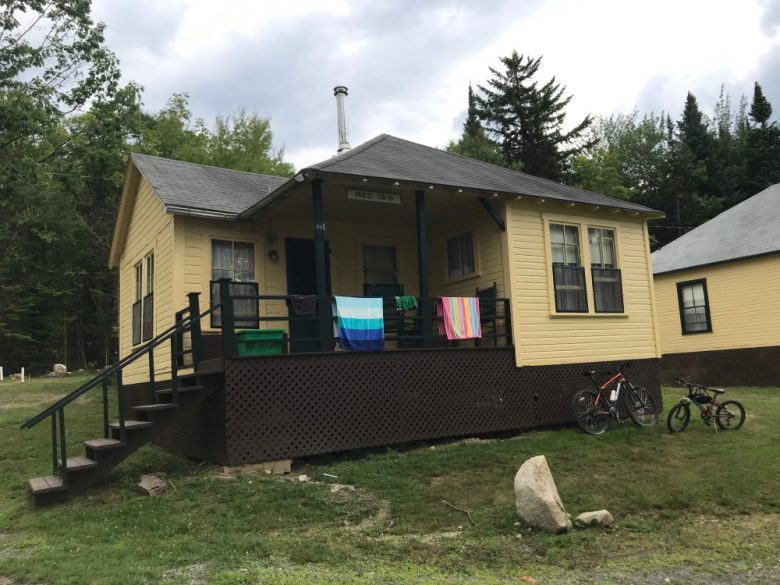
Photo Credit : Ian Aldrich
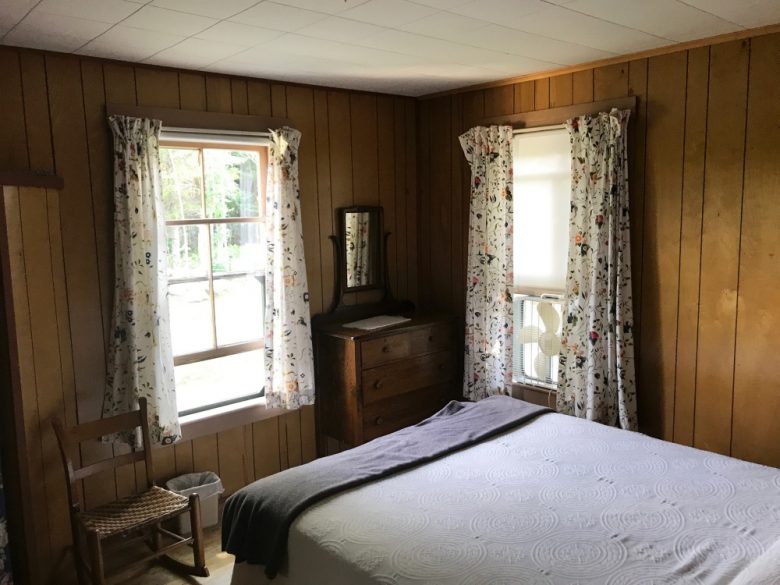
Photo Credit : Ian Aldrich
The story of Quimby Country begins in 1893, when Charles Quimby, a local hardware store owner, took on half-ownership of the camp in lieu of payment for the material used to build it. Cold Spring Camps, as it was then known, catered almost exclusively to fishermen, attracting anglers from around New England. The earliest guests slept in platform tents; cottages and a series of boardwalks connecting them were added later.
Quimby bought out his partner in 1904. Upon his passing in 1919, his 29-year-old daughter, Hortense, inherited the property. For nearly half a century, Hortense was the face of Quimby as she pioneered a new kind of vacation spot, one for a growing class of Americans who wanted something more from their leisure time. Under her watchful eye, Quimby grew from a tiny fishing operation into one of the first family-style resorts in the Northeast. For weary city folks who wanted a shot of true Vermont, there was no better destination than Quimby Country.
Evidence of Hortense’s success and the loyalty she inspired in generations of families can be seen in what came next. In 1965, when failing health prevented her from managing the camp any longer, she sold the retreat to a group of longtime guests. Over the next 50 years, these owners remained true to Hortense’s original vision even as they expanded upon it.
In early 2017, Quimby came under new ownership, as Gene Devlin and his wife, Lilly — two Vermonters experienced in running wilderness and school programs — took over the camp.
In an age of hyperconnectivity, the Devlins, who are in their mid-40s and the parents of three teenage boys, are attempting something ambitious. Beyond just breathing new life into a property that had started to tire, the Devlins want to build something that’s for but not of the 21st century. Families have always come to Quimby to unplug, but today the opportunity to do so is especially potent.
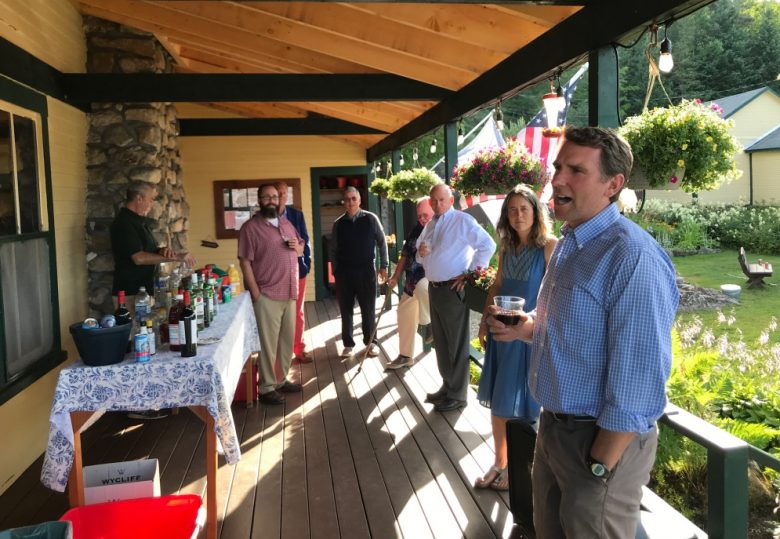
Photo Credit : Ian Aldrich
Cell service is virtually nonexistent at Quimby, and the Devlins make Wi-Fi available for only brief stretches in the mornings and evenings. The result is a vacation spot that allows for more serendipity. Oh sure, there are structured activities — canoe trips on the Connecticut River, hikes up nearby Brousseau Mountain, archery lessons and baking classes — but there are also wide-open stretches of the day to explore, to play.
During our time at Quimby, Calvin and his buddies organized their own tennis matches, bike races, and soccer games. They built a fort. They kayaked. They swam. Just a little bit of time away from screens created a whole lot of distance. Not once did my son ask if he could watch something.
“We want this to be a place where families can take a real vacation together,” Gene Devlin told me, “where they can truly spend time with another in a way they might struggle to in their regular lives.”
They are well on their way. For more information, go to the Quimby Country website.
Below are more photos from our time at Quimby Country.
Scenes from Quimby Country
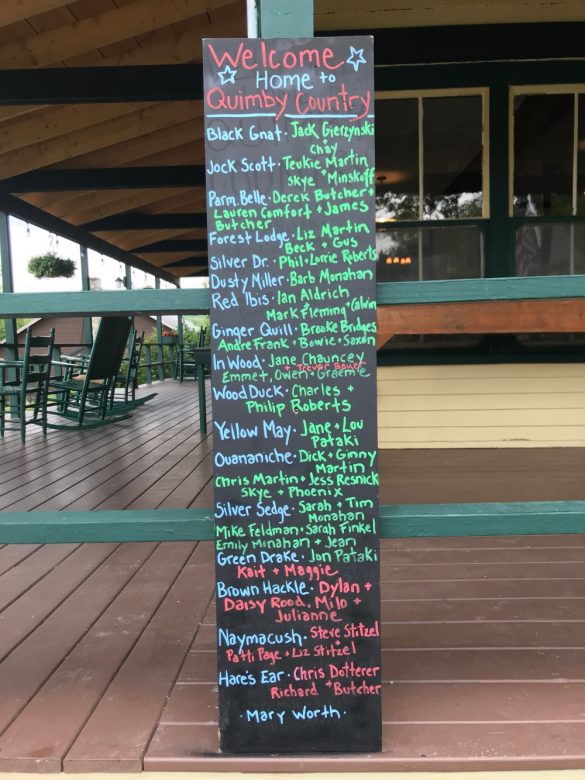
Photo Credit : Ian Aldrich
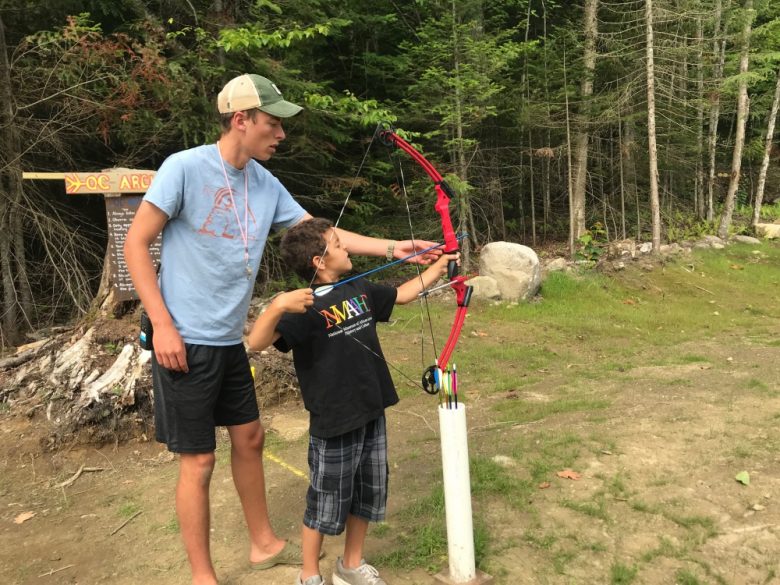
Photo Credit : Ian Aldrich
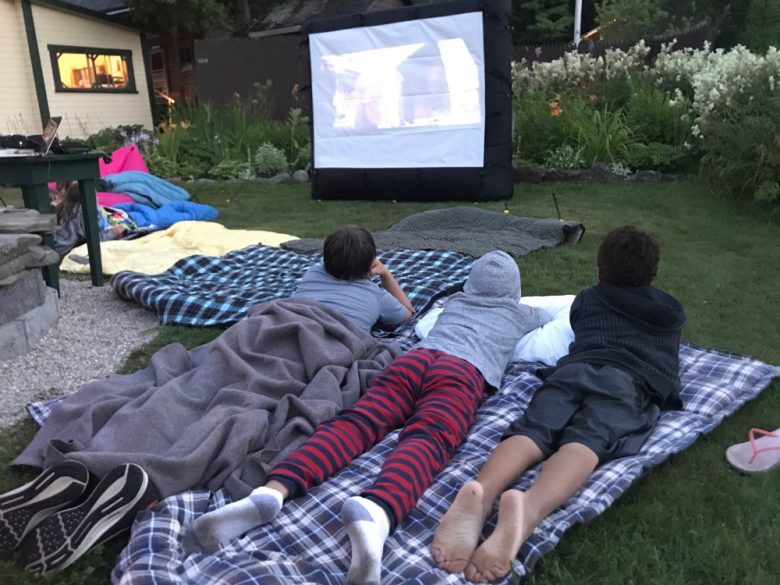
Photo Credit : Ian Aldrich
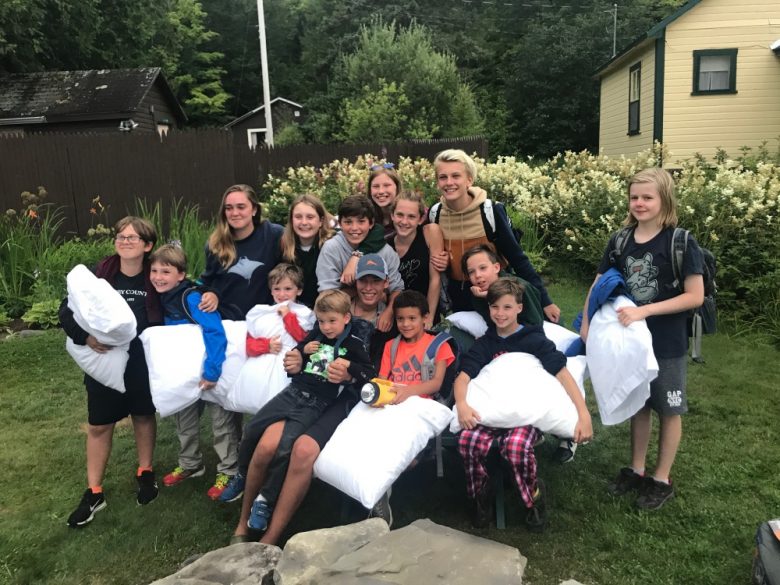
Photo Credit : Ian Aldrich
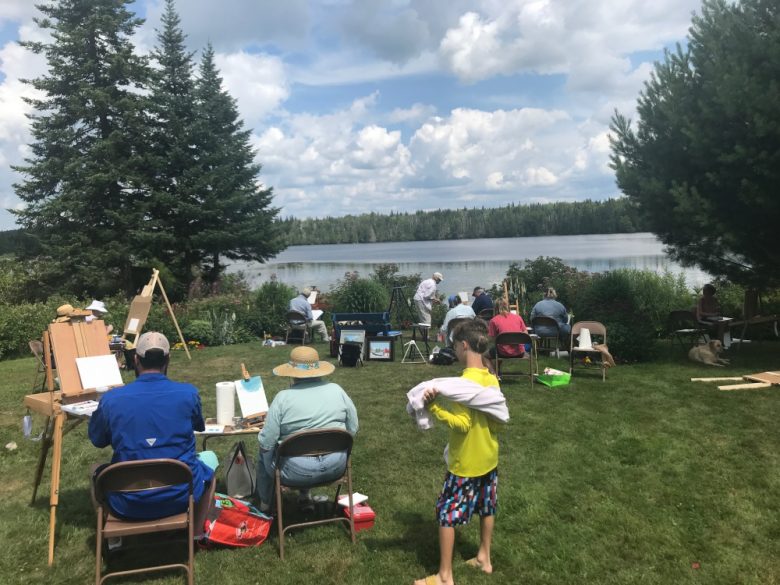
Photo Credit : Ian Aldrich
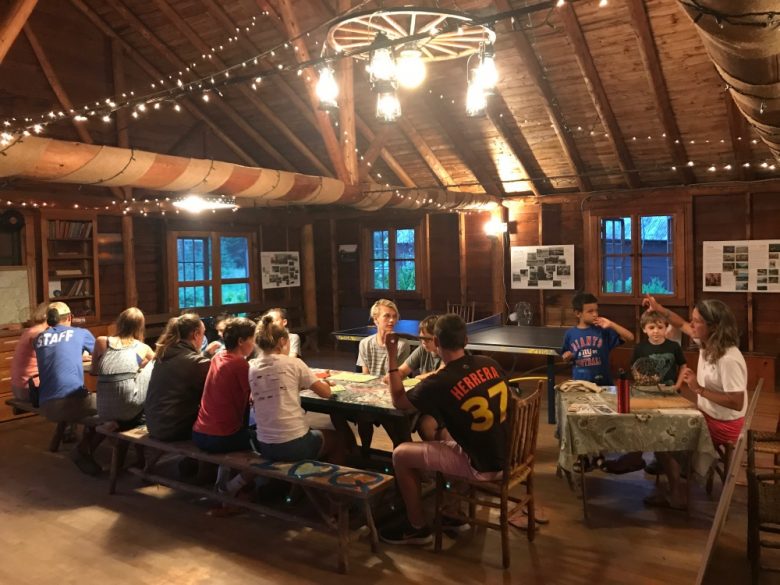
Photo Credit : Ian Aldrich
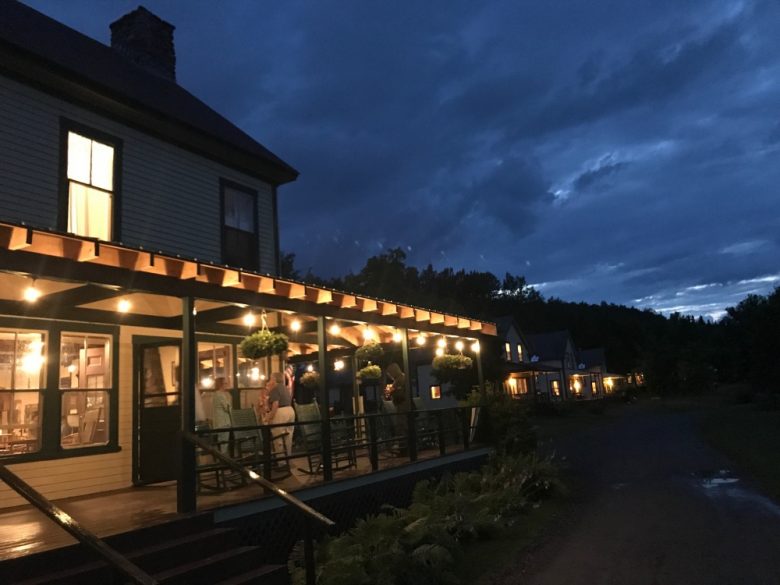
Photo Credit : Ian Aldrich

Photo Credit : Ian Aldrich
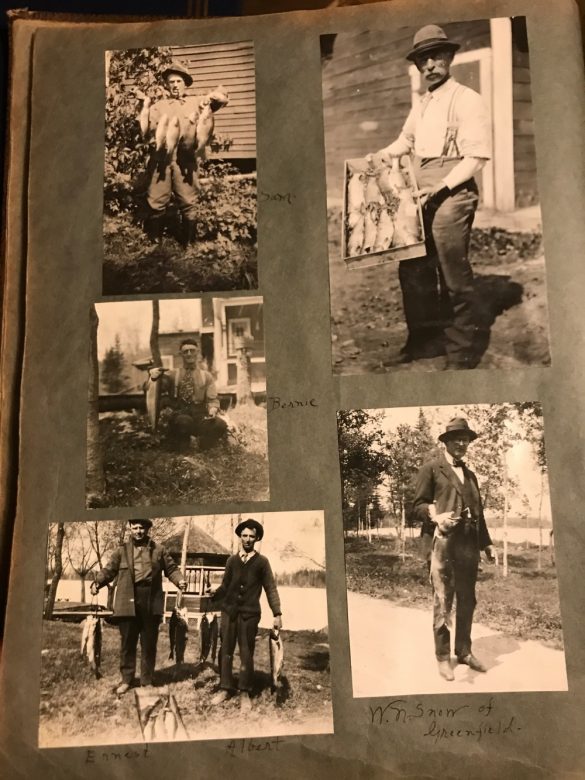
Photo Credit : Ian Aldrich
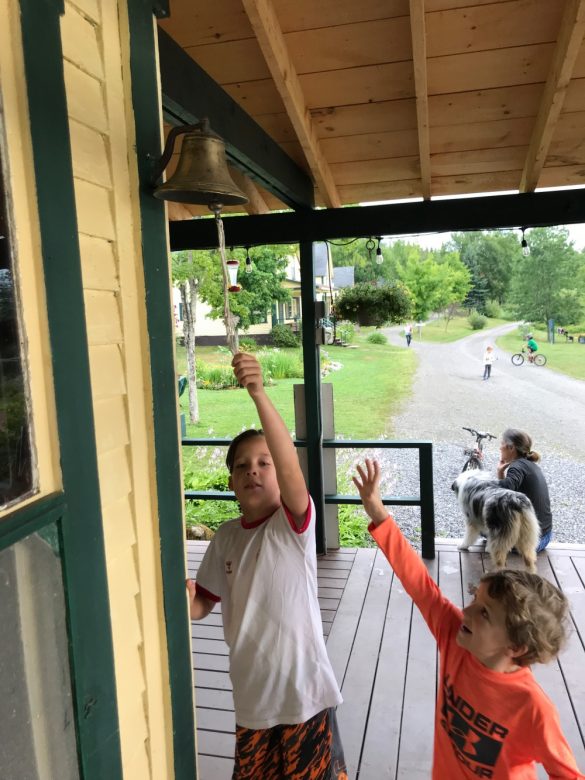
Photo Credit : Ian Aldrich
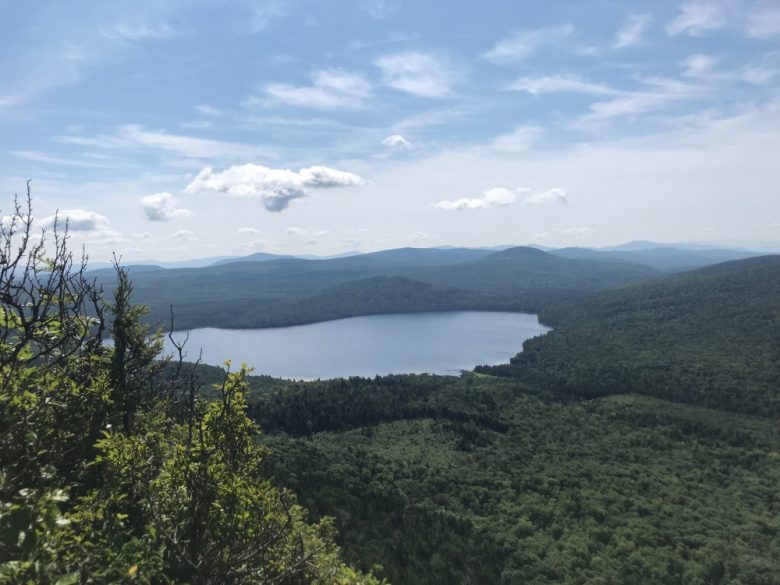
Photo Credit : Ian Aldrich
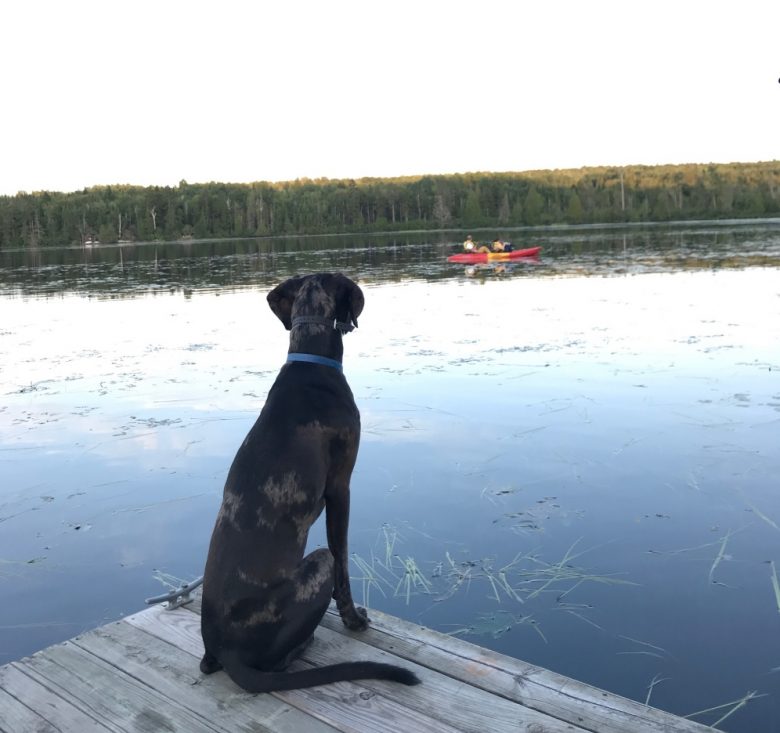
Photo Credit : Ian Aldrich




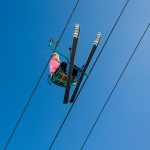

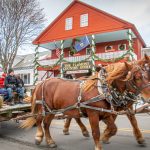
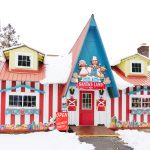
Thank you so much for your visit and your article – you seem to have really gotten the magic of QC 🙂
Beautiful article. I read it twice. I went to Quimby’s for years as a child/teen, and it remains one of my favorite places on Earth.
My family and I went to Quimby’s when I was a kid. It was always the best part of the summer, and left me with some of my favorite childhood memories.
I stayed in that lodge back in the 60’s. I was a Brousseau and that’s where we were from. Hiked Brousseau Mr as a child
Love that area. Thank you. The article was great
I’m so happy to see UVM alumni managing QC. I grew up close by and worked there in the summer of 1979 prior to going to UVM. It was a magical summer; and a wonderful experience. My favorite spots were the Club House and Sandy Beach. I’m very impressed with your web site and all of the offerings. Kudos!
I grew up square dancing there. My Grandmother cooked in the kitchen at the Inn and my Grandfather and Uncle were both fishing guides there. I try to visit when I come up but now that my father lives with me in SC I don’t get up as much as I’d like. My Grandmother’s name was Ethel Daniels, my Grandfather was Percy Daniels and my uncle is John Daniels aka Bucky. I’ll be back for sure. My Aunt (Patricia Hadlock) and Uncle Bucky still live nearby. I remember a lady named June and her daughter whos name was Kathleen. I used to get hand me down clothes from Kathleen. Funny how you remember certain things. I love Quimby and plan to vacation there someday. What a great way to keep the memories alive.